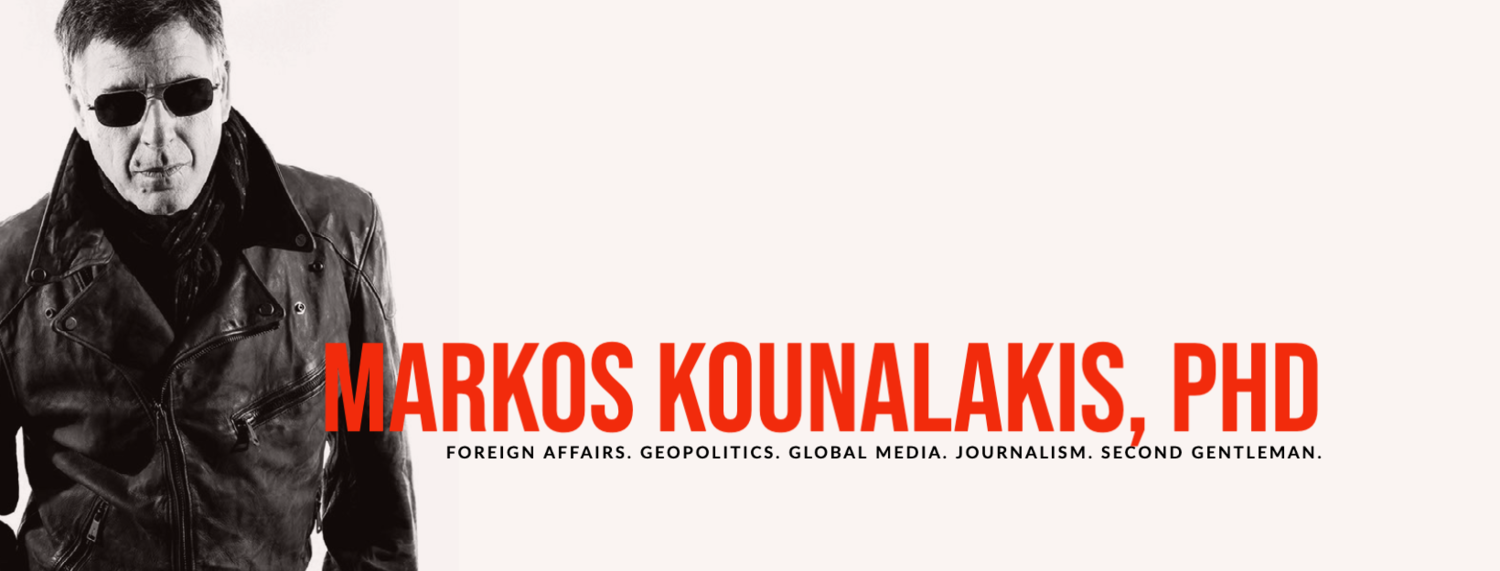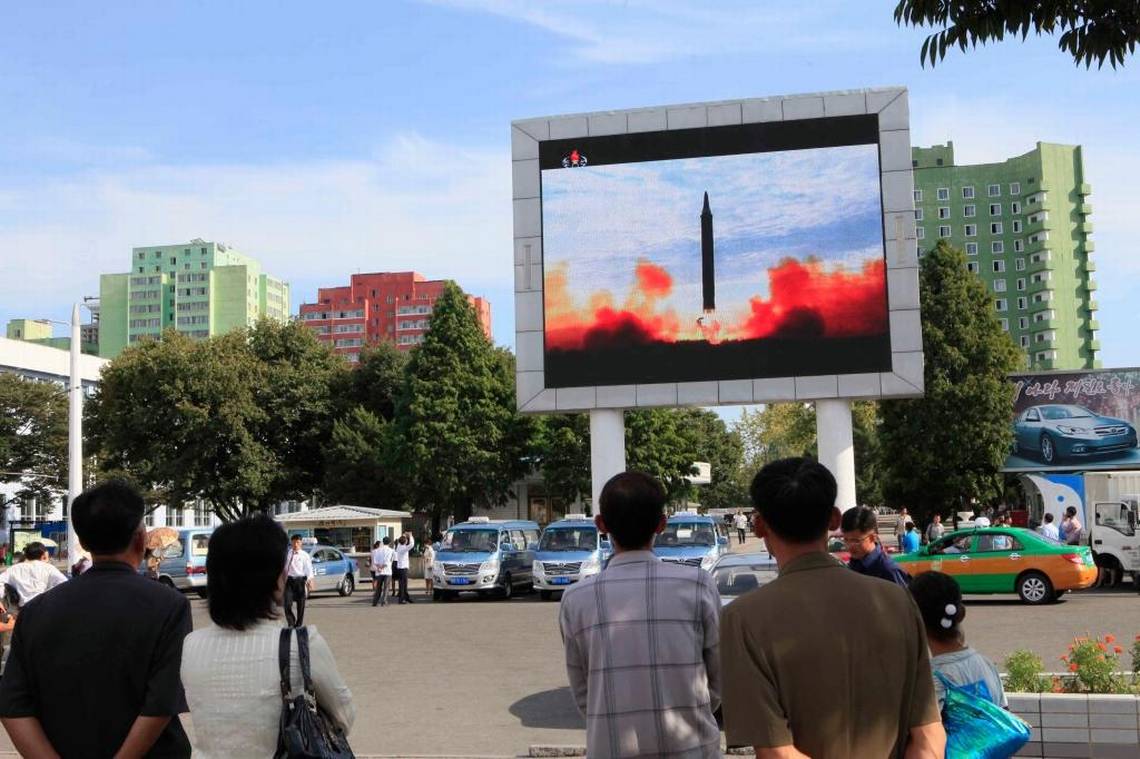This is not what Vladimir Putin wanted for Christmas
Vladimir Putin won’t find many great presents under the Christmas tree this year.
Orthodox Christian religious leaders worldwide are weakening an important institution that gave him outsize power and legitimacy.
The Russian Orthodox Church is being broken up, and an independent Ukraine Orthodox Church will be established. The Ukrainian flock soon will be led not by the Moscow-based church and Patriarchate, but rather by its own independent church and youthful leadership. Ukraine and its political class are suddenly freed from an influential Russian institution that has been fiercely loyal to Putin.
This was not on Putin’s Christmas list. Instead, the news is like a lump of coal in his stocking.
Russia’s wider designs on — and power over — Ukraine have included a wide hybrid war from the Donbass to the recent naval blockade in the Black Sea. Moscow has its fingerprints on the shoot-down of the Malaysian MH-17 passenger plane over Ukrainian territory and its paw prints on an annexed Crimea. Every step of the way, Putin has found legitimacy in his actions and the nation’s military activity through reignited Russian nationalism and the silent acquiescence of Moscow’s spiritual leadership and clergy. READ MORE








